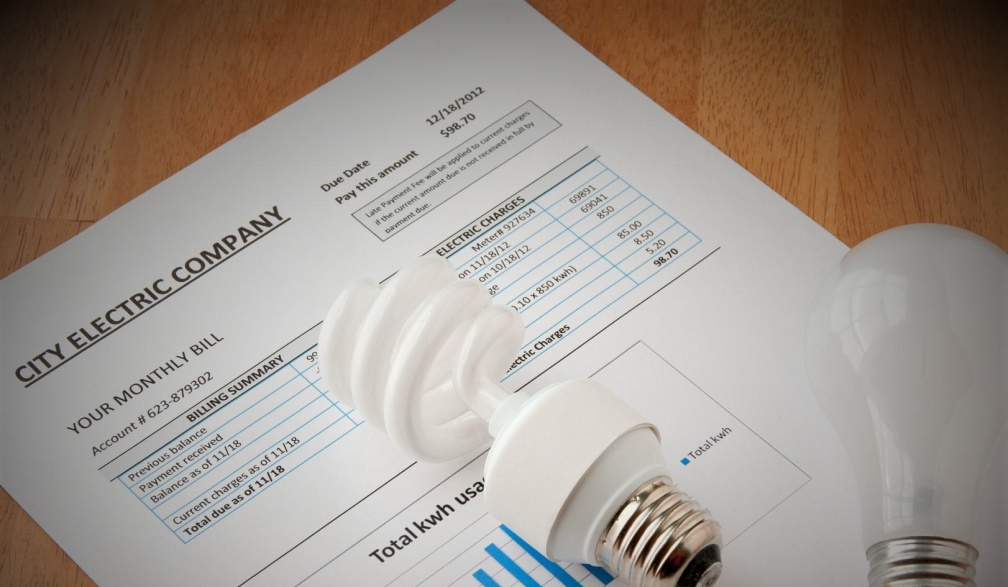5 Tips for Reducing Electricity Costs
- Written by NewsServices.com

Your skyrocketing power bills are not just the result of rising electricity costs. Other factors you are unaware of could be eating away at your savings.
Simple Ways to Reduce Your Energy Consumption
You don't need complex devices to slash your power bill to a significant portion. We explore practical and straightforward ways you can reduce energy use in your household:
1.) Switch to an insulated roof
Instead of using a standard one, an insulated roof would make an excellent investment for your home. It keeps your home cool for summer and hot for winter. Installing these in your house could save you 20% of your overall energy bill.
2.) Understanding your bill
You need to take note of two types of charges your retailers bill you. Fixed rates are those you pay for energy connection, while variable rates are energy consumed, including the tariffs, anytime usage, and peak consumption charges.
You can place certain appliances like your heating system under the off-peak tariff. Using heating systems during off-peak hours would mean cheaper energy costs. Ask your provider if this option is available in your area.
3.) You're paying 5% to 10% more for every degree added
Your heating and cooling appliances are some of the most energy-consuming items in your home. Every time you add a degree, you're possibly using excessive energy to keep your home cool or hot.
Aside from insulating your roof, closing your doors and curtains when the heater is on keeps the room cool or hot for a long time. You can open doors and windows to keep the space well-ventilated for humid weather.
Ideally, you can save more energy if you set your thermostat at 24 to 26 degrees Celsius for the air conditioner and 18 to 20 degrees Celsius for the heater.
4.) Evaluate your kitchen appliance usage
Your refrigerator will always be running 24/7. However, you can still save by opening it less to keep the cool inside the appliance longer. Check the sealant and replace it if it's becoming loose or tacky.
Switching to energy-efficient washers could also save on energy consumption. Fill the dishwasher and use the economy setting. Use cold water when possible to clean dishes.
5.) Use solar energy
There's no denying that solar energy is having a moment. As people become more aware of reducing their carbon footprint, solar panels are becoming increasingly popular to offset energy consumption.
And while the initial cost of installing solar panels can be pricey, the long-term savings make it a worthwhile investment. PV (photovoltaic) solar panels are typically much cheaper than buying electricity from the grid, and they offer the bonus of being environmentally friendly.
If you're looking for a way to save money and reduce your carbon footprint, solar panels are a great place to start.
Conclusion
Small changes in your everyday habits can make a big difference in how much energy you use.
By identifying these patterns and implementing them into daily routine, there will be more money saved in the long run and less stress.





